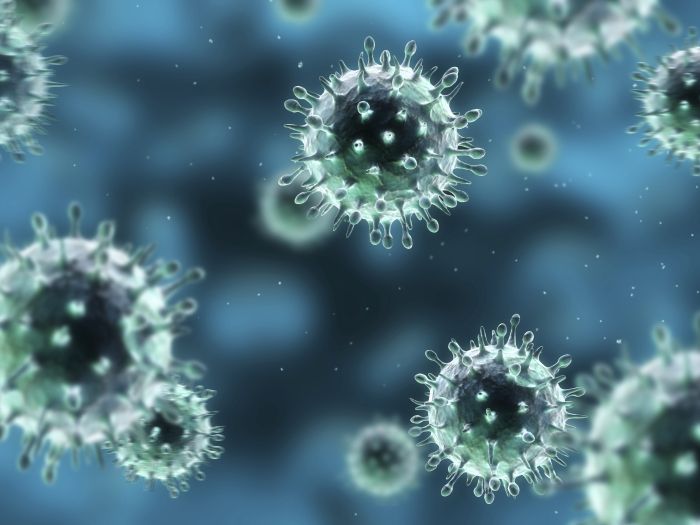Are some female sex workers more resistant to HIV due to vaginal adaptation to semen over time in a way that wards off infections?
Werden einige Sexarbeiterinnen resistenter gegen HIV im Laufe der Zeit wegen vaginaler Anpassung an das Sperma – in der Weise, daß Infektionen abgewehrt werden?
آیا واژن (رحم) برخی از زنان کارگر جنسی به دلیل فعالیت جنسی بیشتر از زنان دیگر، رفته رفته خود را طوری با اسپرم مرد سازگار می دهد که در برابرعفونت اچ آی وی و مسدود کردن راه ابتلا به آن مقاوم تر شود؟
این پرسش از مدت زمان طولانی فکر دانشمندان را مشغول کرده بود. پس از انجام یک سری آزمایشاتی که بر روی تعداد قابل توجهی از زنان کارگر جنسی صورت گرفته شد، نشان داد که در حال حاضر به نظر می رسد پاسخ این پرسش می تواند مثبت باشد. زیرا پروتئینی که برای جلوگیری از عفونت اچ آی وی لازم است، در واژن این زنان به دلیل سازگار بیولوژیکی (طبیعی) به مرور زمان در برابر باکتریها و ویروس ها از جمله ویروس اچ آی وی خود را مقاوم تر می سازد.
برگردان: کیومرث سراج الهی
It is a question scientists have pondered for quite a while, and now it appears the answer could be yes. “In some areas of the world where HIV prevalence is higher, a small number of female sex workers continue to test negative for the infection despite repeated sexual activity and low rates of condom use,” The Wistar Institute explains in a news release about research published in the November issue of the journal Mucosal Immunology. “However, the reason as to why these women are protected from HIV infection has eluded scientists, since they seem to have none of the known immune responses against HIV itself.”
The new research shows that continuous semen exposure causes changes in the cervical and vaginal microenvironment. In the research led by Dr. Luis J. Montaner, a veterinarian and director of Wistar’s HIV-1 Immunopathogenesis Laboratory, scientists observed lower rates of immune activation in the blood and mucosal tissue of long-term sex workers as compared to women who reported low semen exposure. That’s significant because HIV thrives in activated immune systems. The sex workers also had “enhanced expression” of “proteins responsible for protecting the female reproductive tract from viral and bacterial infections,” according to the news release, and “factors in this mucosal tissue that the HIV virus needs to infect were expressed at lower levels in these women.”
Montaner stressed the research does NOT make the case for condomless sexual intercourse, which increases overall risk for HIV and other STIs.
“This work could provide insight into why cohorts of women at risk recruited for preventive trials in the United States have demonstrated lower sero-conversion rates than expected based on community prevalence,” said Dr. Carmen D. Zorilla, a study author and a professor at University of Puerto Rico.
“Making the link between sex work, changes in immune state and semen exposure gives us an important piece of information that will hopefully help us establish whether or not chronic semen exposure and its effect on to the female reproductive tract can contribute to HIV resistance in sex workers that remain uninfected despite low condom use,” Montaner said. “It also clearly indicates that women are equipped to activate mechanisms of resistance due to sex itself, which we did not expect to find at the start of this research.”
Source: HIV Equal

